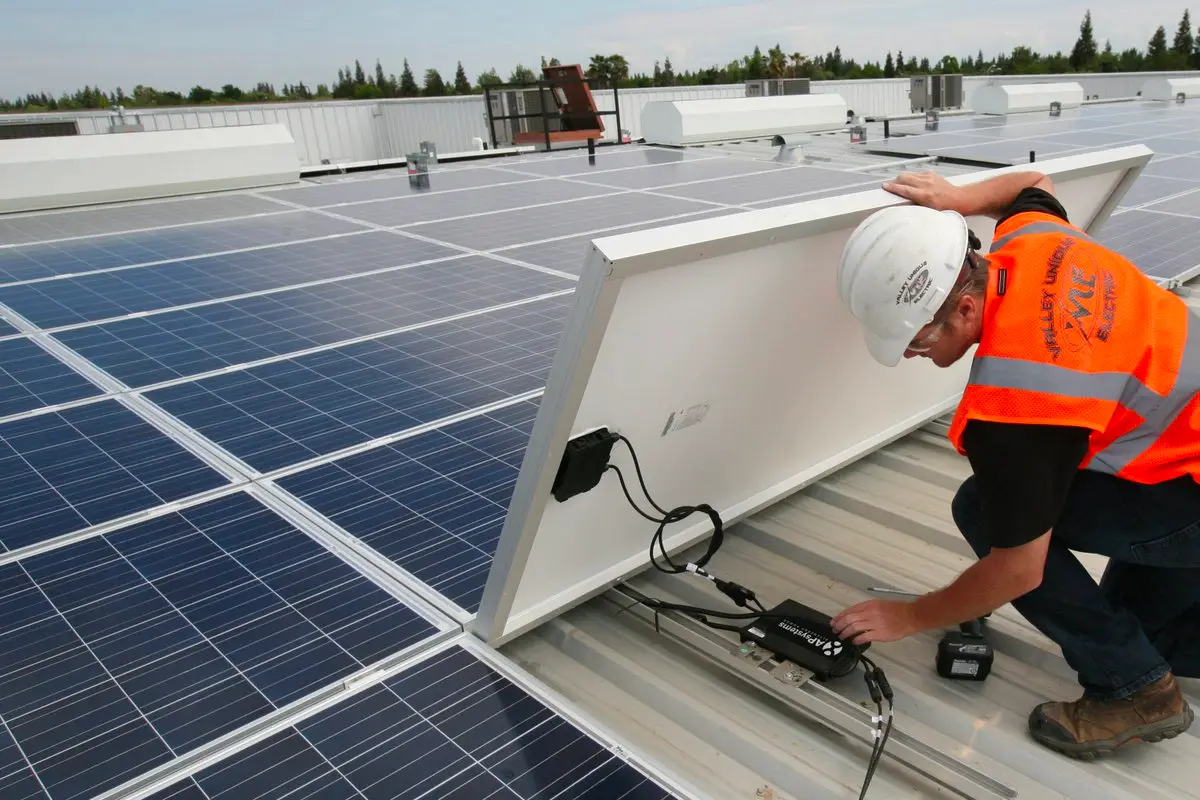Microinverters: A Strong Component of All Solar Power Systems
High-performing, flexible, and reliable—they have changed the solar power game. In a microinverter system, each individual solar panel has its own microinverter dedicated to it, allowing optimal energy production in difficult circumstances — the way you just cannot have with string inverters.Micro inverters,
How Micro inverters Work
A micro inverter is an electronic device that converts direct current (DC) to alternating current (AC). This direct conversion process does away with complicated wiring and lower energy losses over traditional inverter systems.
Microinverters: The Benefits Of The Best Micro Inverter 1.
○ MPPT per Panel: Each microinverter has a separate MPPT, which allows each panel to perform at its optimal point regardless of shading, dirt or other normal performance degradation factors.
Better Output Under Shade**: Microinverters can work when a few panels are covered. This gives a big edge over string inverters, which are prone to performance degradation due to shading.
We summarize the advantages of microinverters as follows:* Modularity: Inverter modularity simplifies installation and service. If a single panel or microinverter fails, it can be easily replaced without having a adverse affect on the rest of the system.
Visibility:** Microinverters typically provide per-panel data, allowing homeowners to see real-time output from their system.
Safety — This component operates at low voltage, eliminating the risk of electric shock microinverters.
+ Drawbacks of Microinverters라인: =======================
Microinverter vs String Inverter: Cons * More Expensive: Microinverters typically cost more than string inverters thanks to a greater number of components and complexity at install.
Microinverters are generally reliable, but the presence of multiple inverters can lead to a maintenance nightmare.
Best Uses of Micro inverters
Miroinverters for Residential Solar Systems: They are ideal in residential solar systems, particularly those that have a shading issue and where the roof is shaped irregularly.
Commercial solar systems: They can also be applied to commercial systems, especially those with several sections of roof or facing different directions for the sun.
The Future of Microinverters
Microinverters are now cheaper and more efficient with modern technology. Recently the following trends:
Improved Efficiency – The efficiency ratings of microinverters are continuously increasing.
More Compact and Lightweight : Microinverters are decreasing in weight and volume for simpler installation.
Intelligent Capabilities: Integration of smart home systems with microinverters are facilitating remote monitoring and control.
To sum up, microinverters provide a robust and versatile option for solar systems. Though they cost more than traditional string inverters, the many benefits of micro-inverters regarding performance, reliability and safety make them a popular recommendation for some homeowners and businesses.
